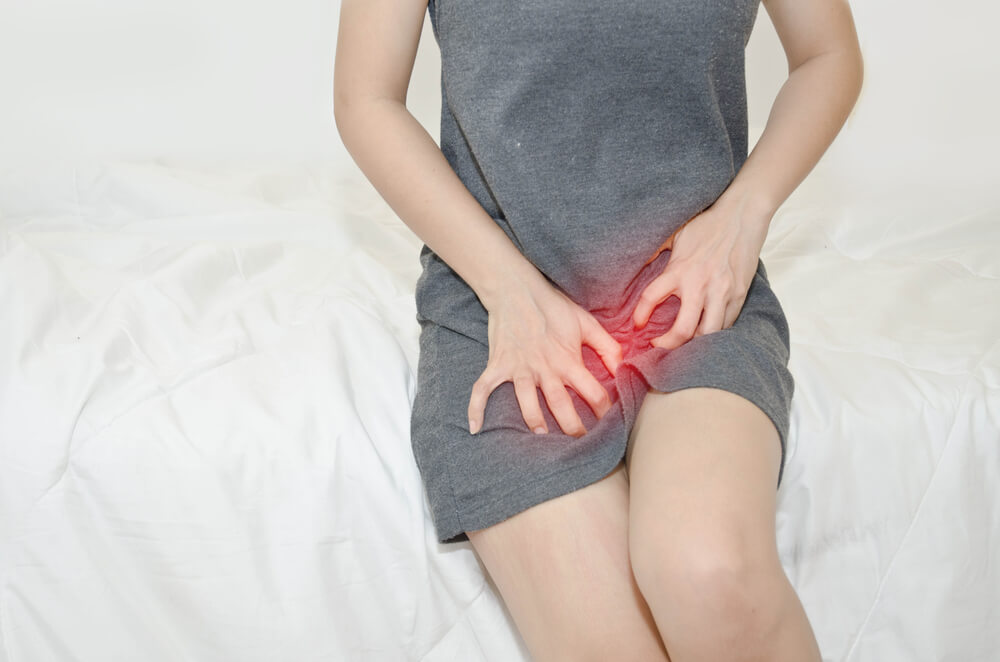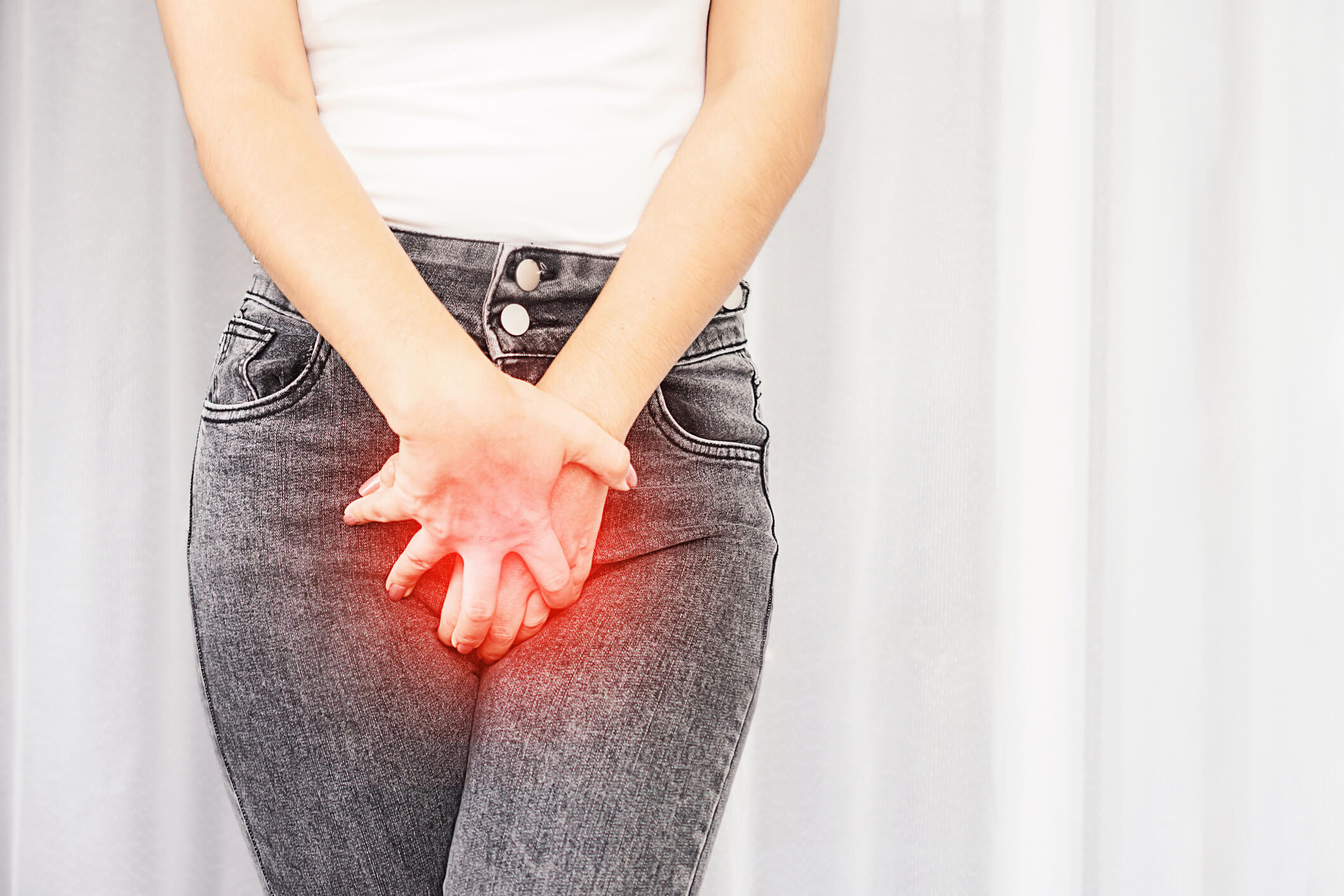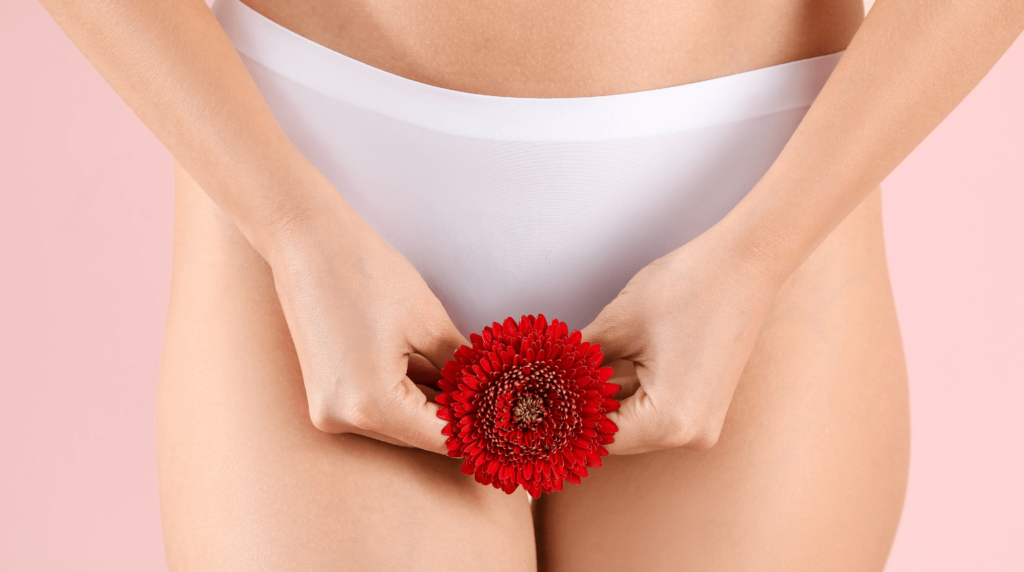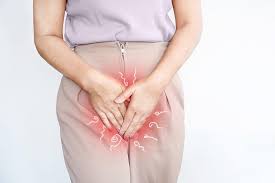Top Solutions for Itchy Skin You Should Consider
Itchy skin can range from a mild nuisance to a disruptive and chronic condition. Whether it’s caused by dryness, allergies, or underlying health issues, it can affect your comfort and well-being. In this guide, we’ll explore common causes, treatment options, and how to stop itching on the body effectively and safely.
What Causes Itchy Skin?

Itchy skin, also known as pruritus, is often the result of dry skin, allergic reactions, or skin conditions such as eczema and psoriasis. In other cases, systemic conditions like kidney disease or hormonal changes—such as those associated with menopause—can also be culprits. According to the American Academy of Dermatology, understanding the underlying cause is key to selecting the right treatment.
For those experiencing vaginal dryness and itching, especially post-menopause, natural remedies for vaginal atrophy like coconut oil or aloe vera gels have been widely used with gentle success. Identifying the source of your itching can guide you toward the most effective solution.
How To Stop Itching On Your Body

Immediate relief often starts with keeping the skin moisturized and avoiding known irritants like harsh soaps or hot showers. However, targeted treatments may be necessary depending on the severity or location of the itch.
For example, antihistamines can relieve allergy-related itching, while corticosteroid creams may be prescribed for inflamed or chronic conditions. Additionally, cold compresses and oatmeal baths can ease discomfort without medication.
Here are several trusted options on how to stop itching on body areas commonly affected:
- Use fragrance-free moisturizers to prevent dryness
- Avoid scratching, which can damage skin and worsen itching
- Apply hydrocortisone cream for localized inflammation
- Try antihistamines for allergy-induced itch
- Consider oatmeal-based soaks or skin-calming balms
Medications For Severe Itching

When home treatment isn’t enough, a visit to a healthcare provider may be necessary. Prescription medications for severe itching can help where over-the-counter solutions fall short. These may include oral corticosteroids, stronger antihistamines, or immunosuppressants for autoimmune skin conditions.
According to the National Institutes of Health (NIH), medications like gabapentin or pregabalin may help patients with nerve-related itching. It's also important to note that some systemic diseases causing itching—like liver or kidney issues—require treatment of the underlying condition rather than just symptomatic relief.
Consult a medical professional before beginning any new treatment, especially for severe or persistent symptoms.
Natural Remedies And Home Solutions

Many individuals prefer to explore natural remedies before turning to medical treatments. Fortunately, there are plenty of safe and effective options that can be tried at home. For instance, coconut oil, colloidal oatmeal, and chamomile compresses have soothing, anti-inflammatory properties that may help reduce itch.
For intimate areas specifically, such as vaginal itching, some report relief using gentle natural remedies free from chemicals. Medical News Today notes that yogurt, vitamin E, and boric acid suppositories might support vaginal health when used responsibly.
Before trying any home remedy, especially for sensitive areas, be sure to do a patch test or talk to a healthcare provider—to avoid worsening symptoms or triggering an allergy.
Itchy skin can significantly impact your daily life, but with the right approach, relief is within reach. From over-the-counter creams and prescription medications to holistic home remedies, there are solutions available for every level of severity. Consider exploring your options further or speaking with a dermatologist to discover what method may be most effective for you.
